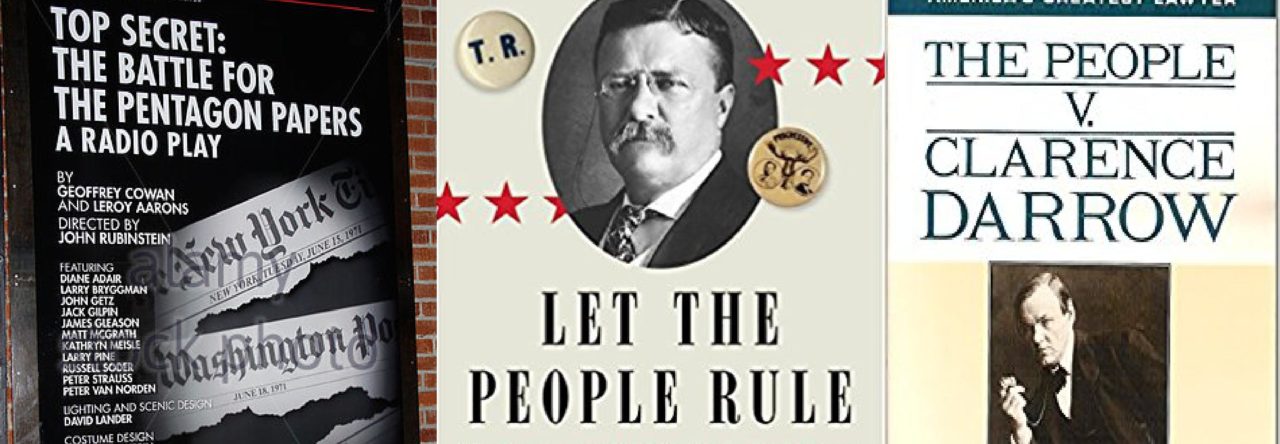A vivid personal account of network censorship struggles and television’s inherent inability to satisfy its diverse audience. In 1975, Congressional pressure on the FCC resulted in the agency’s coercion of the networks into a self-censorship plan, the prime-time Family Hour. “”What we’re trying to do. . .is not to offend the most uptight parent that we can imagine watching with his children.”” Communications lawyer Cowan–son of ousted CBS president Louis Cowan–was a consultant to “”All in the Family”” producer Norman Lear and the Writers Guild in their successful court battle against the Family Hour; Lear fought rather than tone down the show or see it shifted. Cowan writes openly as an advocate and all but canonizes Lear; but he also captures the voice: “”Something he loved was about to be declared indecent; his prime vehicle of communication with the American people was about to be given a new home, and it was even possible that the financial value of his most precious program would thereby be lessened.”” His portraits of network executives, on the other hand, strain for even-handedness but are consistently less than attractive. (CBS president Taylor’s “”deposition had been mean-spirited and self-serving [but] it was probably not deliberately evasive or untruthful.””) Meanwhile television violence had increased–and the increase had been greatest during the Family Hour. “”If the networks wouldn’t respond to pressure,”” a coalition of concerned citizens decided, perhaps the advertisers would. Cowan scores the group’s use of statistics as misleading and generally decries the censorship problems it created; but he has only half-hearted solutions to offer. Commercial television is a “”highly competitive game,”” he remarks, and its mediocrity “”isn’t likely to change.”” His heady replay reads like a cross between Robert Metz’ gossipy CBS Reflections in a Bloodshot Eye and Les Brown’s factual Television: The Business Behind the Box with a sprinkling of the major federal reports on television and human behavior. Tune in for the latest on the free speech vs. moral responsibility scrimmage.
KIRKUS REVIEWS
The centerpiece of Cowan’s book is the lawsuit brought by the Writers Guild, Directors Guild, and Screen Actors Guild against the FCC, the NAB, and the networks to void the Family Hour. In discussing the suit, Cowan, a lawyer who participated in the litigation on the side of what he calls the “creative community,” treads a thin line between numbing his lay readers with legal detail and frustrating his legal audience with journalistic superficiality. His account of the trial’s personality clashes and tactical maneuverings makes good reading for both groups, and he devotes enough attention to the plaintiffs’ problems of proving state action and actual harm to satisfy most lawyers. Cowan’s book provides a close study of a powerful, too rarely analyzed medium and the pressures that both shape and endanger it.
HARVARD LAW REVIEW


